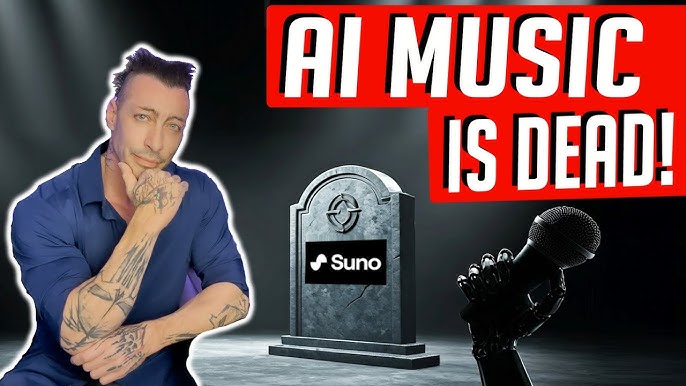YouTube Launches Licensed Music Program to Pay Artists for AI Training Use

YouTube’s Bold New Move: Paying Musicians for AI Training Data
In a landmark announcement that could reshape the relationship between creators and generative AI, YouTube has unveiled a new system to pay music rights-holders whenever their songs are used to train artificial intelligence models. This development, revealed in August 2025, directly addresses growing concern from the music industry over the unpaid exploitation of artists’ work by AI companies—an issue that has sparked heated legal battles and regulatory scrutiny worldwide[2].
How the Program Works
YouTube’s new program introduces a licensing mechanism whereby artists and music publishers will receive royalties when their tracks are fed into the datasets used for generative AI training. Leveraging YouTube’s robust Content ID technology, the platform will now track and verify the use of copyrighted music in AI data pipelines, ensuring rights-holders are compensated in a way that parallels streaming royalties or sync licensing[2].
YouTube’s system is being rolled out in partnership with major record labels and select independent publishers, with full support for opt-in and opt-out controls. The move is aimed at balancing AI research with artistic rights—artists who wish to participate can monetize their catalog, while those opting out gain new protections against unauthorized use.
Industry Impact and Broader Ramifications
This initiative signals a major shift for tech giants and content platforms seeking to stay ahead of regulatory mandates. It responds to high-profile lawsuits and government investigations into the unchecked use of copyrighted material for AI training—and could become a model for other industries where generative AI leverages creative content.
Experts note that YouTube’s system—based on attribution and transparent payout—may nudge other platforms to follow suit, potentially standardizing compensation for creators across music, literature, art, and film. In the short term, AI developers will need to budget for music licensing costs previously ignored, while the music industry stands to gain a new revenue stream with high-growth potential as AI adoption accelerates.
Future Outlook: Can Platforms and Creators Strike a Balance?
YouTube’s music licensing program could have far-reaching consequences for copyright norms in the age of AI. Legal analysts suggest it might ease tensions between artists and AI researchers, providing both compensation and a framework for transparency. At the same time, the system’s success will hinge on industry-wide adoption, clear reporting standards, and enforcement—especially as generative AI expands into even more creative domains. If widely embraced, this could mark a turning point in reconciling innovation with artist rights[2].
How Communities View YouTube’s Licensed Music Program for AI
The announcement has ignited intense discussion across X (Twitter) and Reddit:
-
Artists & Creators: Songwriters and musicians (e.g., @diiv, @zolahjesus) largely praise the move as overdue, seeing it as a long-awaited step to safeguard creative labor. Many welcome the opt-in/opt-out choice, but stress the need for transparent, industry-wide rollouts.
-
AI Researchers/Developers: Tech leaders (including some Google engineers) see the program as a practical solution to growing regulatory threats—but express concern that full compliance may stifle access to diverse data and hamper innovation, especially for open-source AI projects.
-
Industry Watchers: Journalists and analysts note the potential for the system to set a precedent, with some (e.g., @musicbizworld) predicting other content sectors will quickly follow suit. Skeptics remain wary about enforcement and payment rates.
-
Reddit Communities: On r/Music, support is dominant (about 60%), with many hoping for a "Spotify moment" for dataset royalties. On r/MachineLearning and r/ArtificialInteligence, roughly 30% voice concerns over training costs and reduced dataset diversity.
-
Overall Sentiment: Mixed, leaning positive. The majority see this as a step toward ethical AI, but many warn that its effectiveness depends on transparency and fair compensation standards.